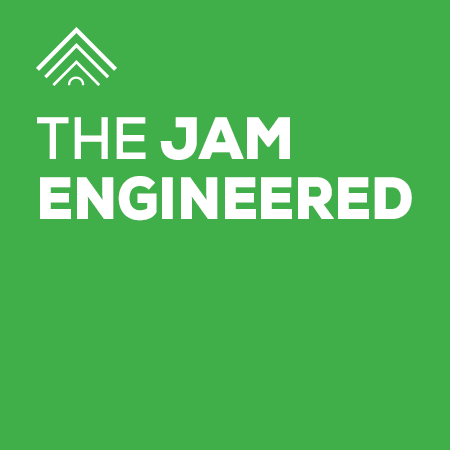4 Ways ERP Technology Can Address Labor Shortages
 Window and door manufacturers face a persistent challenge in today's labor market. Product demand is strong, if not continually rising, but the industry struggles to find enough skilled labor to meet its growing needs.
Window and door manufacturers face a persistent challenge in today's labor market. Product demand is strong, if not continually rising, but the industry struggles to find enough skilled labor to meet its growing needs.
Manufacturers who have embraced technology, from on-floor automation to back-office management software, see a ray of hope when tackling not only labor shortages, but also streamlining their operations and improving overall efficiency.
Production management technologies, such as enterprise resource planning (ERP) software in particular, can play a significant role in reducing the impact of labor shortages. Whether it’s production scheduling, inventory management, manufacturing processes, shipping, or invoicing: embracing an ERP solution helps achieve higher operational efficiency that mitigates labor ups and downs and keeps you competitive in a challenging market.
Here are my top “quick hits” that demonstrate the value of an ERP in window and door production.
- Streamlined data management: ERP systems eliminate the need for manual data entry by automating data capture and storage. This reduces errors, saves time, and enables accurate tracking of inventory, orders, and production processes. For example, Paradigm Nexus supports batch-receiving of inventory via scanning. It tracks partial shipments to address supply chain challenges and even identifies and correlates future arrivals connected to the partial shipments.
- Efficient production: ERP software includes modules for production planning and scheduling, enabling companies to optimize resource allocation, minimize downtime, and improve overall production efficiency. When it comes to production, ERPs can help you run a paperless shop floor, display multilingual BOM and assembly instructions, and track progress with barcode scanning and touchscreens. Machine integrations with automated saws can optimize batch cutting, and queuing functions show which assemblies are coming to a workstation and where they are headed next.
- Enhanced quality control: ERP systems often incorporate quality control modules that enable companies to define and enforce quality standards throughout the window production process. These modules facilitate automated inspections, track defects, and trigger alerts for corrective actions, which improves product quality and reduces rework. Nexus elegantly handles the rework workflow and helps avoid manual interventions that interrupt production.
- Delivery logistics: The Paradigm Nexus ERP helps you manage your fleet and plan delivery based on delivery requirements pulled from a front-end quoting platform like Paradigm Omni™. In addition, you can ensure that you load on time and in sequence, automatically detect backorders, and generate shipping documentation. In addition, proof of delivery (POD) functionality in Paradigm Nexus allows drivers to mark completed deliveries in real-time, using their mobile device.
Bottom line: ERP technology offers a powerful solution by enabling manufacturers to optimize workforce planning, streamline production processes, allocate resources efficiently, and make data-driven decisions. By implementing ERP solutions like Paradigm Nexus, window and door manufacturers can overcome labor shortages, achieve higher operational efficiency, and stay competitive in a rapidly evolving market.




